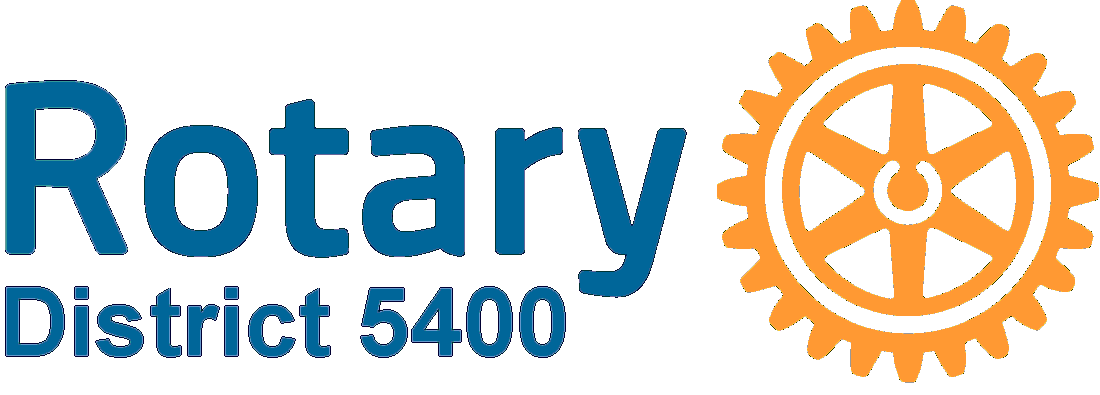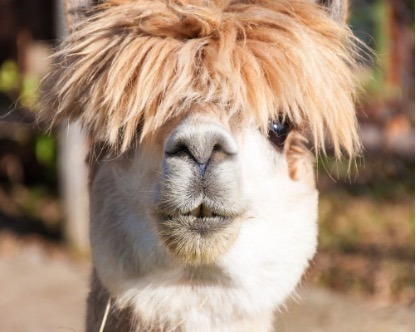You never know where Rotary will take you, or what you can accomplish in Rotary until you try!
Our story begins with alpacas – the source of South America’s finest wool. Here are a few things to know about them:
- There are no wild alpacas – the alpaca is the domesticated version of the vicuña.
- Alpacas live at high altitudes in the South American Andes.
- Like cows and sheep, alpacas are ruminants.
- Alpacas are related to llamas, which are domesticated versions of the guanaco.
Alpaca is warmer, more robust than other mammals’ fiber, lightweight, and more water resistant.
And the animals are pretty cute, too!
Scarves and other clothing made from Alpaca wool are coveted for their light weight, warmth and soft feel. And Boise Sunrise Rotary has them for sale!
 Through contacts in a Rotary club in Ecuador, we obtain a variety of sizes and designs of alpaca scarves from a market near Quito, at low cost. Rotarians transport them back to the United States where we sell them at a profit. Those profits are then returned to South America in support of a variety of Global Grants. The grants we support involve everything from potable water systems to equipment for physical therapy for the elderly to the construction of greenhouses for food security.
Through contacts in a Rotary club in Ecuador, we obtain a variety of sizes and designs of alpaca scarves from a market near Quito, at low cost. Rotarians transport them back to the United States where we sell them at a profit. Those profits are then returned to South America in support of a variety of Global Grants. The grants we support involve everything from potable water systems to equipment for physical therapy for the elderly to the construction of greenhouses for food security.
Diving deeper into one of these projects, the greenhouse project in Peru is an interesting one. The community of Huilloc Peru consists of nine small villages in the high mountains near Machu Picchu. Its population has risen to approximately 1500 people since the Covid 19 pandemic. The main source of income comes from the men of the community working as porters on the Machu Picchu Trail. This work has been inconsistent in the last few years because of interruptions to tourism. There is no health care system. If villagers need health care they must travel (usually on foot) to Ollantaytambo; about 25 miles down the mountain.
A Rotary Global Grant, administered by Rotarians from Minnesota, supported the purchase and construction of 20 greenhouses in this community. The beneficiaries of the project will be the families of the participants in the twenty greenhouses; the entire village to whom fresh produce can be sold at the village market once a week, and restaurants that purchase this produce in Ollantaytambo. Thus a reliable income stream is provided to the villagers as well as a reliable source of fresh foods, which can be difficult and expensive to find in the high Andes.
Using funds from our Boise Sunrise Rotary club’s scarf sales, we have been able to provide thousands of dollars of support to this project. When we partner with other clubs on Global Grants, our dollars are matched at the District and the Rotary Foundation levels. So, if we provide $1000 to a partner club’s grant, it ultimately amounts to $3000 to help fund the grant. Which is what we call a win/win/win!



